Directors of the American Ladino League
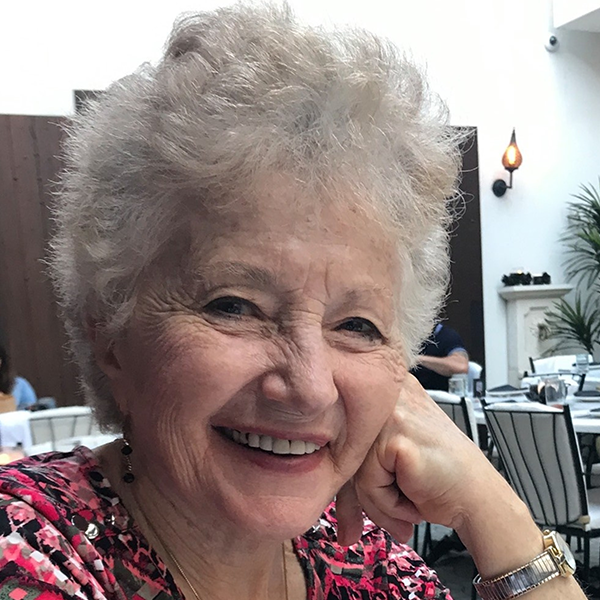
Rachel Amado Bortnick
Co-Director
Rachel Amado Bortnick was born and raised in Izmir, Turkey, in a Ladino-speaking Jewish family and community. She came to the United States in 1958 on a scholarship to Lindenwood College (now University) in St. Charles, Missouri, from which she earned a B.A. in Chemistry. She and American-born architect Bernard Bortnick, whom she had met in St. Louis, traveled back to Izmir to get married and subsequently lived in Holland, Israel, and several cities in the United States before settling in Dallas, Texas in 1988. Leaving the chemistry profession, she taught ESOL (English for Speakers of Other Languages) for 35 years and has been retired since 2009.
Rachel has long been active in the preservation and promotion of Judeo-Spanish language and culture. In 1985, while living in the San Francisco Bay area, she founded and led the Ladino-speaking club Los Amigos Sefaradis, and was featured in the documentary film Trees Cry for Rain: A Sephardic Journey (Burt Productions, 1988). In December of 1999 Rachel founded Ladinokomunita, the Ladino correspondence group on the Internet, which is still going strong with 1500 members worldwide and a rich archive of nearly sixty thousand messages, as well as thousands of files and photographs. Rachel continues to moderate and write in Ladinokomunita daily. She also continues to write articles, in Ladino and in English, about her Sephardic culture. Several of Rachel’s articles in English have been published in academic and popular journals, and most recently her work on the history of the Bet Israel synagogue of Izmir appeared in the book Izmir: The Jewish Pearl of the Aegean (Istanbul: Libra Books, 2023).
Rachel has taught Ladino in-person and virtually for organizations including the Sephardic Brotherhood of America. She has served as the President of the Dallas Jewish Historical Society and as secretary of the Society for Crypto-Judaic Studies.
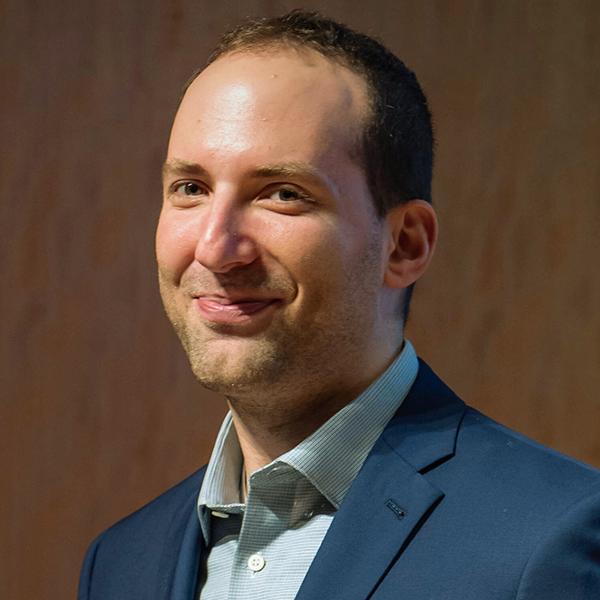
Bryan Kirschen
Co-Director
Dr. Bryan Kirschen is Associate Professor of Hispanic Linguistics at Binghamton University, where he is also Chair of the Department of Romance Languages and Literatures. His scholarship on Judeo-Spanish and Sociolinguistics appears in noted academic journals and edited volumes. He received his PhD from UCLA in 2015.
Over the past 15 years, Dr. Kirschen has worked as an educator as well as a community organizer and activist of Judeo-Spanish. Through his Ladino Linguist platform, he has taught more than two-hundred learners of Judeo-Spanish, from beginner to advanced levels, and several hundred more through partnerships with the Sephardic Brotherhood of America, the Sephardic Adventure Camp, and the Skirball Cultural Center in Los Angeles. He also curates the digital humanities project, Documenting Judeo-Spanish, focused on the Hebrew-based Sephardic cursive known as Solitreo.
Dr. Kirschen currently serves as the director of the international delegation of Shadarim, in collaboration with the National Authority of Ladino. Since 2019, he has co-organized the American Sephardi Federation’s annual New York Ladino Day at the Center for Jewish History (Manhattan) and, prior to that, organized similar programming through the Sephardic Brotherhood of America (Queens). Since its launch in 2020, Dr. Kirschen has also served as a host of the weekly Enkontro de alhad online series. At Binghamton University, he was the founding co-director of Binghamton University’s Ladino Collaboratory and Ladino Apprenticeship Program (2020-2023) and at UCLA, the founding co-director of the student organization and annual symposium ucLADINO (2011-2015). In 2017, Dr. Kirschen was a recipient of the New York Jewish Week’s “36 Under 36” award” under the category of education for his university and community-based work in relation to Judeo-Spanish.
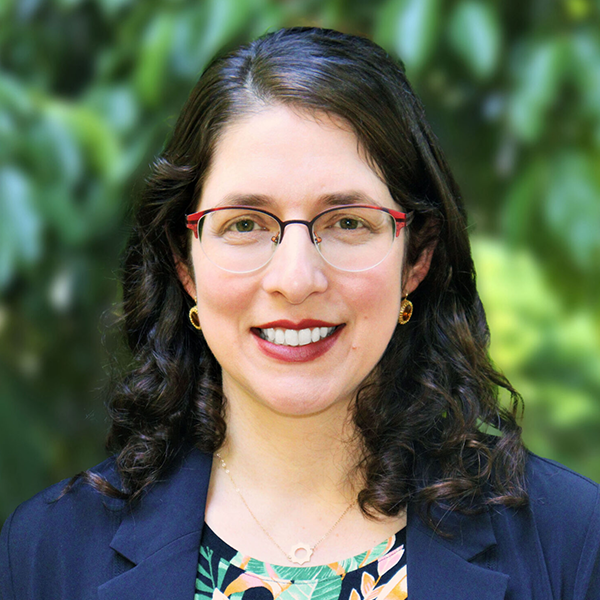
Hannah Pressman
Co-Director
Dr. Hannah S. Pressman received her Ph.D. in modern Hebrew literature from New York University and has published widely on Jewish languages, gender, and religion. She is the Director of Education and Engagement at the HUC-JIR Jewish Language Project, which preserves endangered Jewish languages around the world. She is also affiliate faculty at the University of Washington’s Stroum Center for Jewish Studies.
Dr. Pressman has spent the past two decades researching her family history in Turkey (Bodrum) and Rhodes. Her memoir essays have appeared in Tablet, The Forward, Hadassah Magazine, and the edited volume Sephardic Trajectories: Archives, Objects, and the Ottoman Jewish Past in the United States (2021). Dr. Pressman is currently at work on a memoir exploring Sephardic Jewish identity in America. She is proud to be a heritage learner and especially enjoys writing in Ladino. She brings her passion for language study to her new role facilitating Los Muevos Ladineros meetings in Seattle.
With extensive experience at the intersection of communications and higher education, Dr. Pressman is passionate about making knowledge accessible to learners of all levels. She has been a curriculum writer and consultant for PJ Library of North America; a keynote speaker for Seattle Ladino Day; and a mentor for the Ladino Collaboratory at Binghamton University. Currently Dr. Pressman serves on committees for the National Jewish Book Awards and the American Jewish Historical Society. She lives in Seattle with her husband and three children.
Advisory Board

Sarah Aroeste
Inspired by her roots from N. Macedonia and Greece, Sarah Aroeste tours the globe presenting traditional and original Ladino songs with her unique Balkan, pop and jazz blend. Since 2003, Aroeste has recorded eight Ladino albums and has won numerous awards for her original work, among them, finalist in Israel’s Festiladino competition (2008), the Sephardic Prize at the International Jewish Music Festival in Amsterdam (2014), and the Young Leadership Award from the Sephardic Jewish Brotherhood of America (2021). Additionally, Aroeste is the founding co-director of Savor, a program that unites Sephardic song and cuisine in multi-sensory platforms. Aroeste has also published numerous essays about Sephardic cultural preservation and writes bilingual (Ladino/English), Sephardic-themed books for children, most recently Mazal Bueno! (2023). Saraharoeste.com
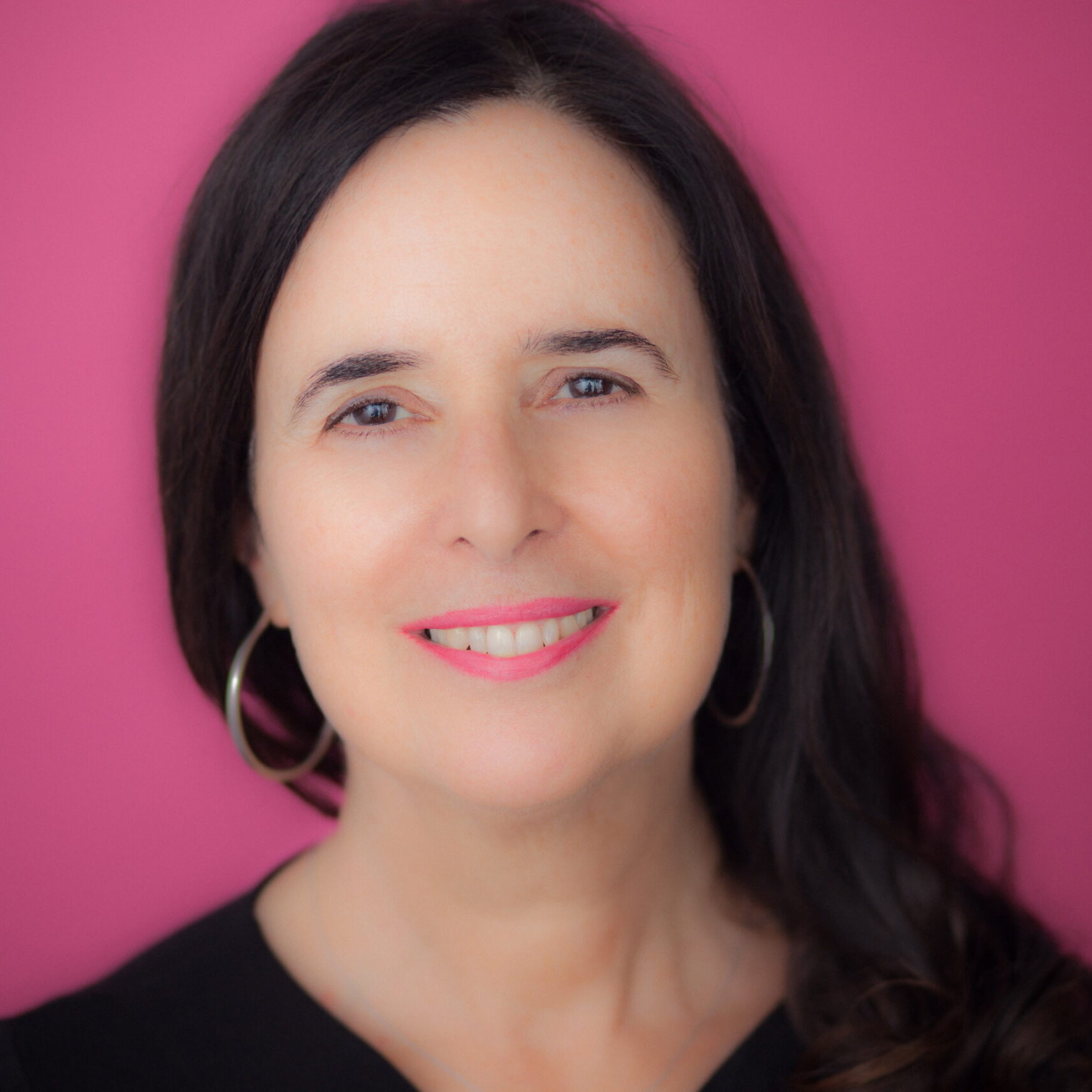
Ruth Behar
Ruth Behar is the James W. Fernandez Distinguished University Professor of Anthropology at the University of Michigan and an elected member of the American Academy of Arts and Sciences. She was born in Havana and has dedicated her scholarship to the Spanish-speaking world, carrying out research in Spain, Mexico, and Cuba and publishing path-breaking books like The Vulnerable Observer, An Island Called Home, and Traveling Heavy. The first Latina to win the MacArthur Foundation’s “Genius” Award, Behar has also received a Guggenheim Fellowship. Beyond anthropology, Behar has reached a broad, non-academic audience through her film, poetry, personal essays, young adult fiction, and picture books. Her latest book is a middle-grade novel, Across So Many Seas, a Sephardic story spanning five hundred years that interweaves Ladino songs. For more information about her work, visit www.ruthbehar.com and linktr.ee/ruthbehar.
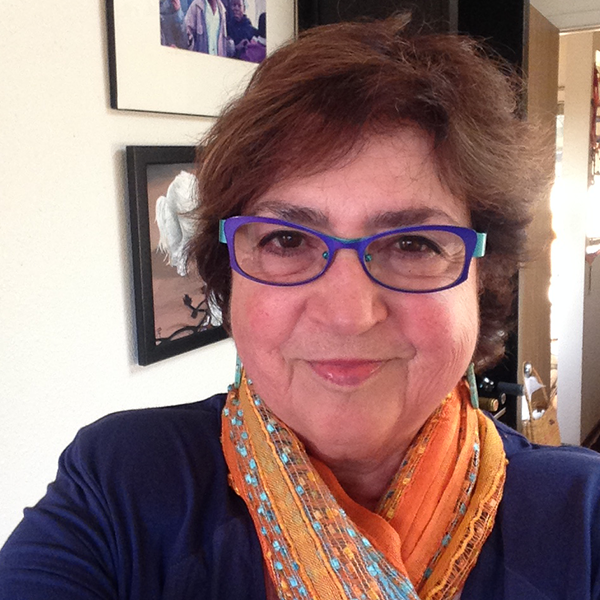
Rina Benmayor
Rina Benmayor is Professor Emerita of oral history and literature at California State University Monterey Bay. She authored Romances judeo-españoles de Oriente: nueva recolección (1979), a collection and study of Sephardic romansas in Los Angeles and Seattle. With Dalia Kandiyoti, she has conducted an extensive oral history project on the Spanish and Portuguese citizenship laws and coedited Reparative Citizenship for Sephardi Descendants: Returning to the Jewish Past in Spain and Portugal (Berghahn Books 2023). She participated in the collective Ladino translation of “Las Romansas de la Ratona Savia,” a collection of Spanish ballads for children written by Paloma Díaz Mas (2021). Rina is also writing a memoir about her Greek Sephardic family.
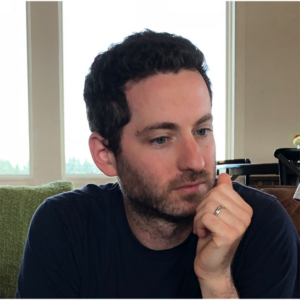
Josh Lambert
Josh Lambert is the Sophia Moses Robison Associate Professor of Jewish Studies and English, and director of the Jewish Studies Program, at Wellesley College. He’s the author and editor of several books about Jewish culture in the U.S., including The Literary Mafia: Jews, Publishing, and Postwar American Literature (2022). His reviews and essays have appeared recently in the Atlantic, the New York Times Book Review, Jewish Currents, and Lilith. From 2012-2020, he served as Academic Director of the Yiddish Book Center.

Al Maimon
Al Maimon’s father was born in Turkey and came to the United States in 1924 when his father, Avraham Maimon, became the rabbi of Sephardic Bikur Holim synagogue. Al attended Yeshiva University and met his wife, Jeanne, in New York. They lived in Israel when their children were young. His maternal grandfather, Reverend Moshe Scharhon, hazzan at Sephardic Bikur Holim, was born in Rhodes. With Rabbi Maimon, Al spent a lot of time at the synagogue growing up with the synagogue serving as the focal point in his life. He worked as a counselor at Sephardic Adventure Camp, which Rabbi Maimon started. He has participated in SeLaH – Sephardic Ladino Heritage – which sponsored events and created a newsletter. Al earned a master’s degree in math and worked in operation research and large-scale information systems at The Boeing Co.
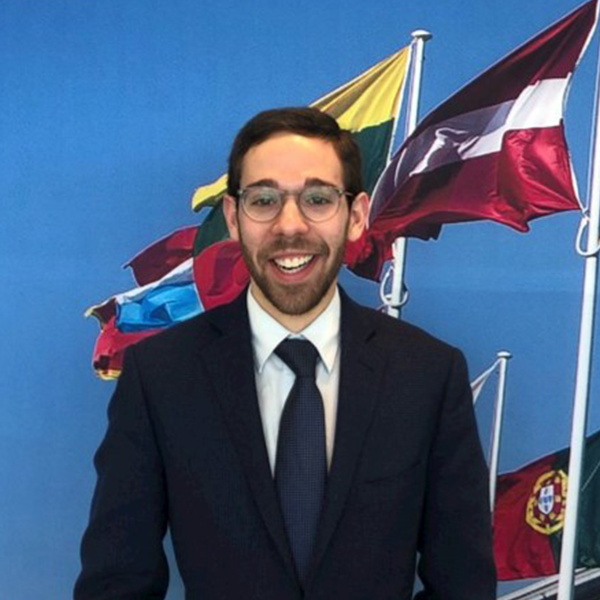
Ethan Marcus
Ethan Marcus is the Managing Director of the Sephardic Jewish Brotherhood of America, the national umbrella organization for the Ladino-speaking Sephardic community in the United States. In this capacity, he has rapidly grown the Sephardic community’s membership base and developed innovative programs to engage a new generation of young Sephardic Jews around the world. He previously served as the Brotherhood’s Director of Communications and the Director of Community Development for the Seattle Sephardic Community. From 2019 to 2020, Ethan was awarded a Fulbright Scholarship to study in Athens, Greece, where he conducted an independent research project on the unique liturgical customs of the Romaniote Jews of Greece. He is a graduate of Princeton University’s School of Public and International Affairs, and his family originates from the Sephardic communities of Veria in modern day Greece and Izmir in modern day Turkey.